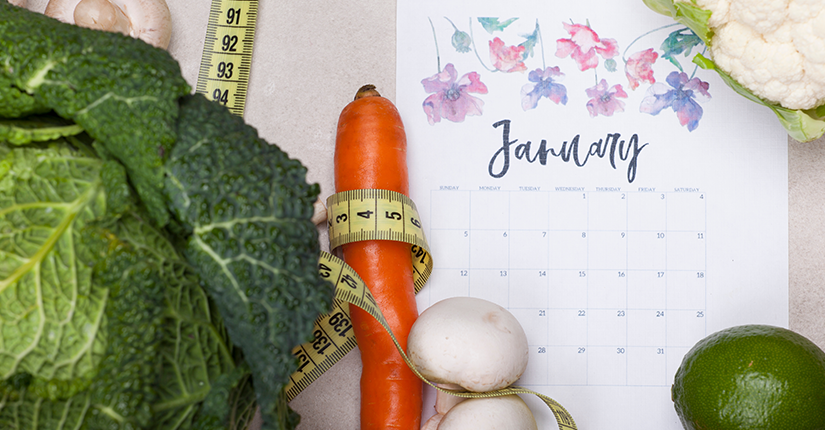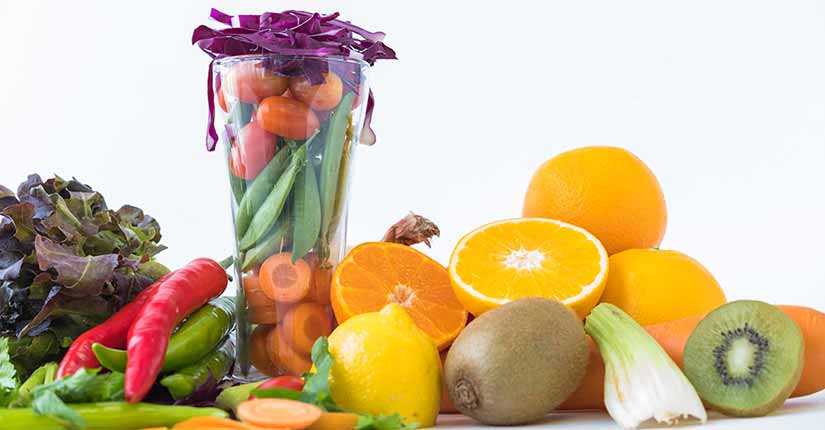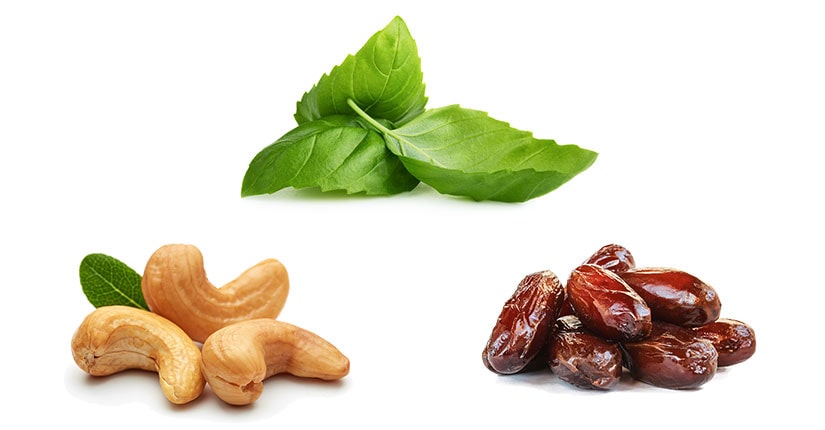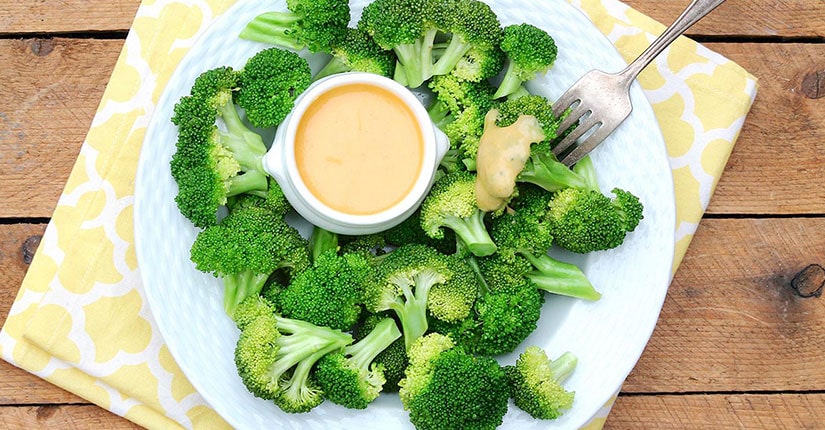WHAT’S IN SEASON? – JANUARY PICK
By Nmami Agarwal 04-Jan 2021 Reading Time: 7 Mins

Winter brings along a whole array of fresh vegetables and fruits. The time you head to the grocery store, you can feel the vibrant colours of the produce staring right back at you. With so many varieties of seasonal vegetables and fruits during winter, you need to know which ones are utmost beneficial for your health. So, here is a look at three winter fruits and three winter vegetables that you must have this season in order to maintain a healthy lifestyle.
3 fruits and vegetables to consume in winter
Top 3 Fruits to have this Winter:
- Apples: An apple a day keeps the doctor away! Isn’t this a very popular proverb and is quite true when you think about the potential benefits that are derived from consuming an apple? Apples are best for the nervous system. The antioxidants in it avoid cellular death in the neurons, which intensify the performance of the nervous system. The development in neurological health from consuming apples may also offset the risk of growing Alzheimer’s at a later stage in life. Apart from this, apples can also help in reducing developing diabetes and the risk of a thrombotic stroke.
- Grapes: The availability of grapes are throughout, but the real benefits of the fruit can be gained when it is consumed during winter. Grapes help in preventing skin problems due to their antioxidant-rich composition. Grapes are also best for your eyes and knees. So, it is a must-have for elderly people.
- Oranges: Perhaps the most common fruit amidst all are Oranges especially in India. They are convenient to eat and easy to carry even at your workplace. Oranges are a great source of Vitamin C, which is quite essential to stay fit and healthy during the winters as they provide immunity to the body. However, there is another vital benefit to consuming oranges. Few studies have shown that this fruit is quite effective in decreasing the risk of growing cancer. It fights off cancer-causing radicals.
Top 3 Vegetables to have this Winter:
- Carrots: Yet another common vegetable that is easily available during the winter months. It is a great source of nutrients and vitamins. Consuming carrots can cure Vitamin K, C, B, D, and E deficiencies in our body. Besides this carrots also include potassium, copper, iron, folates and so forth. The potential health benefits from carrots are numerous. For instance, daily consumption of this vegetable leads to better immunity, improved eyesight and a safeguard against cancer. Carrots can also control your blood sugar level in a better way.
- Peas: Peas are said to be another vital winter vegetable and come with numerous health benefits. It can be added into any Indian food as they are easy to cook. Peas contain vitamins K and B in ample amounts. This vegetable also acts as an antioxidant and anti-inflammatory substance inside our body. Peas can be consumed raw and other benefits of the vegetable include prevention of ‘Alzheimer’ and prevention of weight gain. Blood sugar levels are also maintained well with the aid of peas.
- Turnip: Turnips are considered to be one of the top producers for the winter months. The green part of a turnip is said to be full of Vitamin A. This promotes better health for the lungs, by limiting lung emphysema and inflammation. In some cases, turnips can also cure kidney stones. Unless you have major stone formation, everyday turnip intake may lessen the disorder.
Over to you:
Besides these, there are various other fruits and vegetables as well, which grow in India during the winter months. Each of those vegetables and fruits also consists of some benefits to your health. Always remember that all seasonal produce caters to the needs of that particular season. For instance, the benefits of oranges are more likely suitable for winter than they are for summer. Make a fruit salad daily, if possible, to get all of the beneficial effects from the seasonal fruits. Similarly, try to incorporate as many seasonal vegetables as possible so that you can derive all the potential benefits when you cook something. This is a great trick to make sure that you do not miss out on any of the benefits of these foods in winter.




















